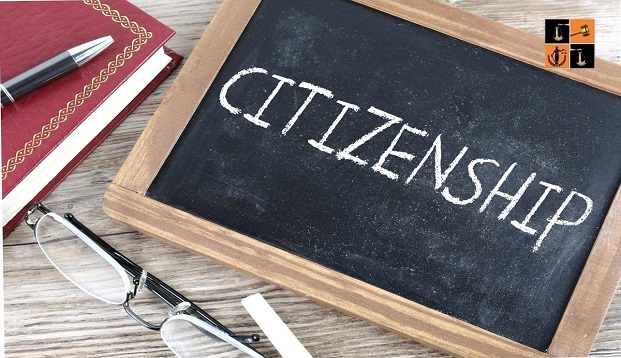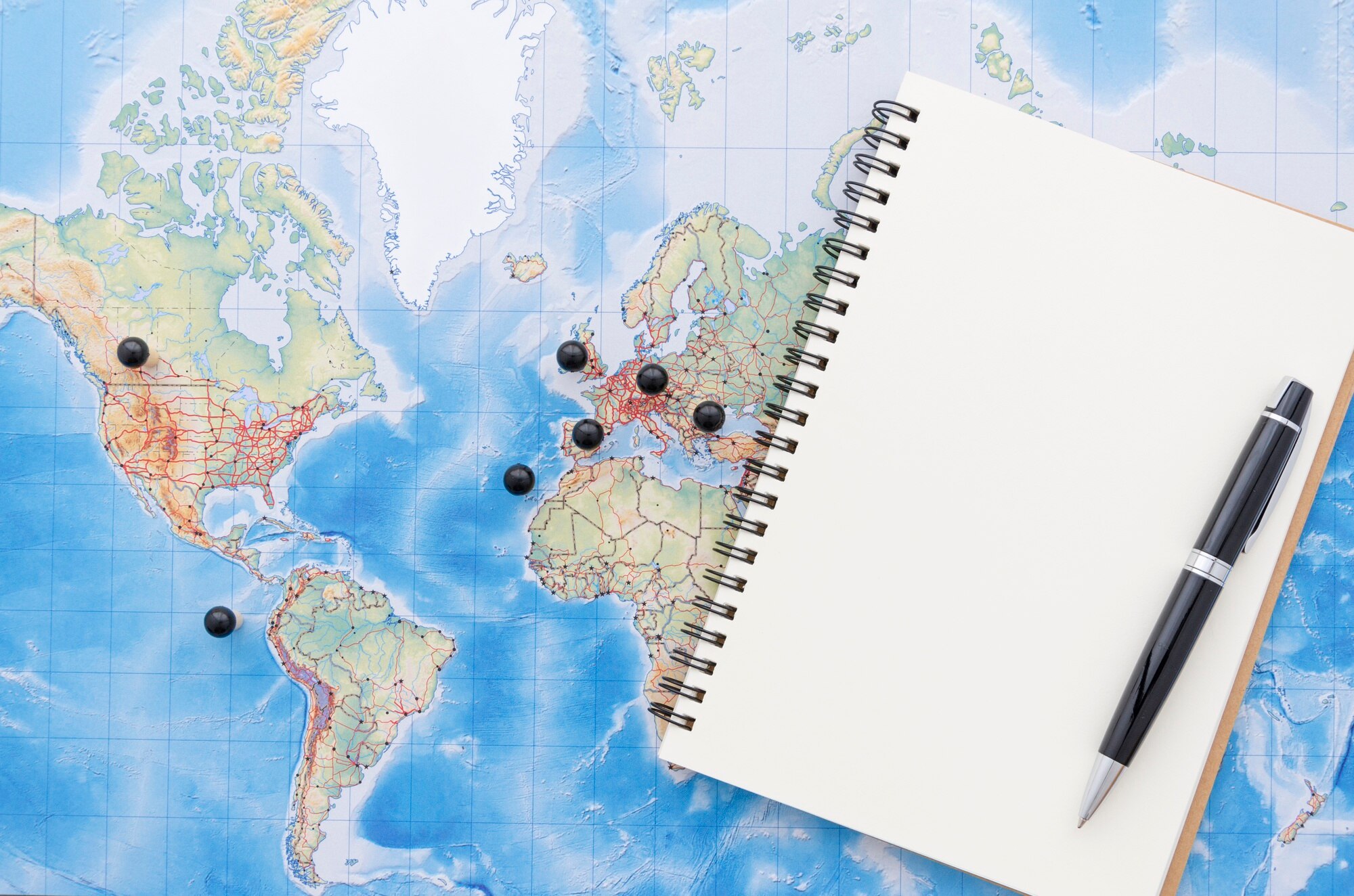
In this day and age, this concept of multi-nationality has become increasingly common and has numerous benefits for individuals, establishments, and societies.
There are two types of programs: Citizenship by Investment and Residence by Investment. In this article, we will explore the various benefits that come with having multi-nationality and some important when using two passports.
What is multi-nationality?
Multi-nationality, or multiple citizenship, refers to an individual, organization, or entity that has more than one citizenship at the same time. Having multinationality can imply a diverse range of affiliations, engagements, or connections across different nations.
For example, Australia, the UK, France, the USA, and Canada are some typical countries that allow people to apply for naturalization and hold two, three or more nationalities as they wish. On the other hand, Russia, China, India, Japan, Korea, and Singapore do not accept multiple citizenship.
Some benefits from multi-nationality
1. Travel across the globe with visa free
If you hold a second nationality of any powerful passport countries such as Schengen Area or the US, you can skip the hassle of visa applications and confidently present at the entry port of your destination without a visa.
For instance, it is recommended to utilize an Australian passport for entry into Japan as it does not require a visa, whereas a Vietnamese passport does not benefit from that policy. On the other side, if you plan to travel to Indonesia, it would be advisable to use a Vietnamese passport as it allows for visa-free entry, while an Australian passport does not.

Source: Freepik
2. Enrich educational and cultural knowledge
Traveling or studying abroad is certainly a transformative and life-changing experience for most people who have the opportunity. As a multiple nationalities holder, you can access a broader range of academic excellence, spanning from institutions and programs in different countries without worrying about the immigration process such as college admission for foreigners or visa acquisitions.
Moreover, multi-nationality allows you to meet more countries and greet more local people, which helps to open your mind to appreciate diverse cultures, to embrace a global perspective and to enrich your personal experiences.
3. Affirm the prestige of businesspeople
In modern business, besides the quantity of assets, a businessperson's success is also measured in the size of their operations, the extent of their network domestically and globally, and the range of nationalities that they possess.
Acquiring a second or third citizenship can enhance their status, prestige, and serve as the company's representative when engaging with international partners. Imagine writing in your card visit with a variety of job titles in different foreign countries such as the US or Canada. Furthermore, multi-nationality also enables the family members and their children to enjoy the same privileges as foreign citizens including easing international travel.

Source: Freepik
4. Broaden global network and business opportunities
For individuals in general and businesspeople in particular, network and opportunities have always been two key ingredients for success and growth. Multiple citizenship with its benefits mentioned which are free of movement and guarantee the entrepreneur's status, is known to help expand one's professional network globally by promoting collaboration, knowledge exchange, and business expansion.
Then, by having more valuable global knowledge and connections, businesspeople can learn to adapt and grasp business opportunities, facilitating trade, partnerships, and market access in different regions.
Tips when using two passports
Use the passport from your present citizenship is a requirement for entering and leaving that country. It is obvious not to use the other country’s passport for the US, for example.
Upon arriving in a different country, you can adaptively and efficiently use your passport based on the border management policies of that specific country.
You don’t have to apply for a visa to enter or exit your citizenship’s country.
Carry all your passports when traveling or working in any country. When you are abroad, a valid passport can help you seek assistance from your country’s embassy or consulate when needed.